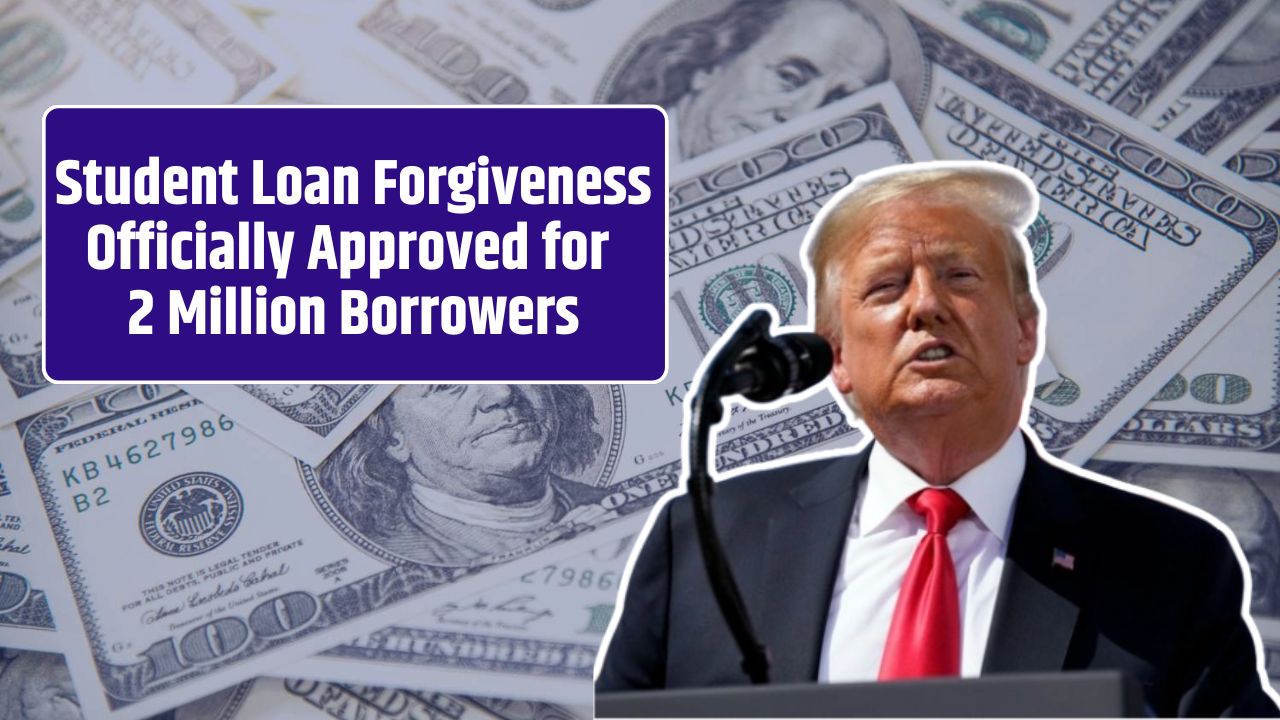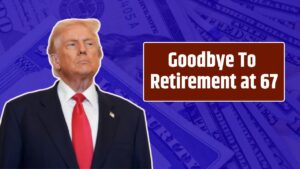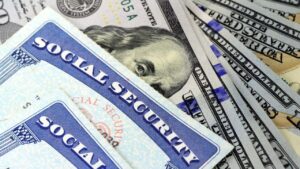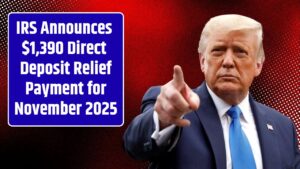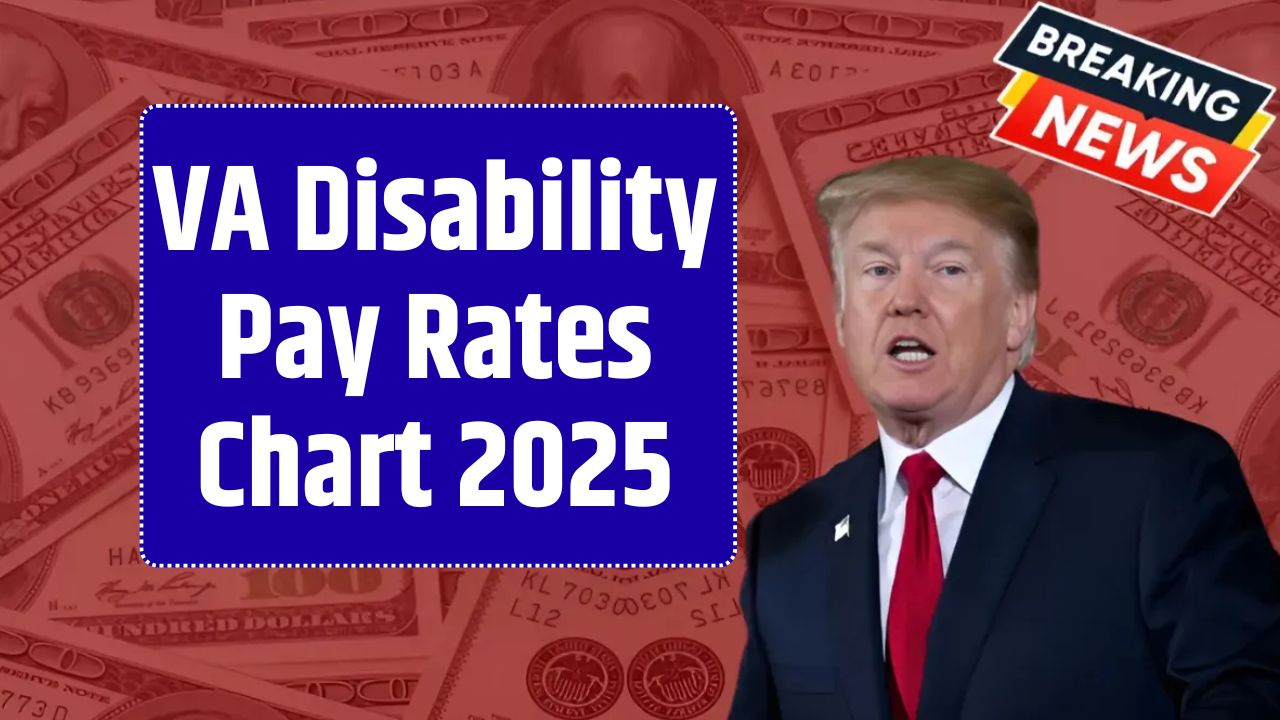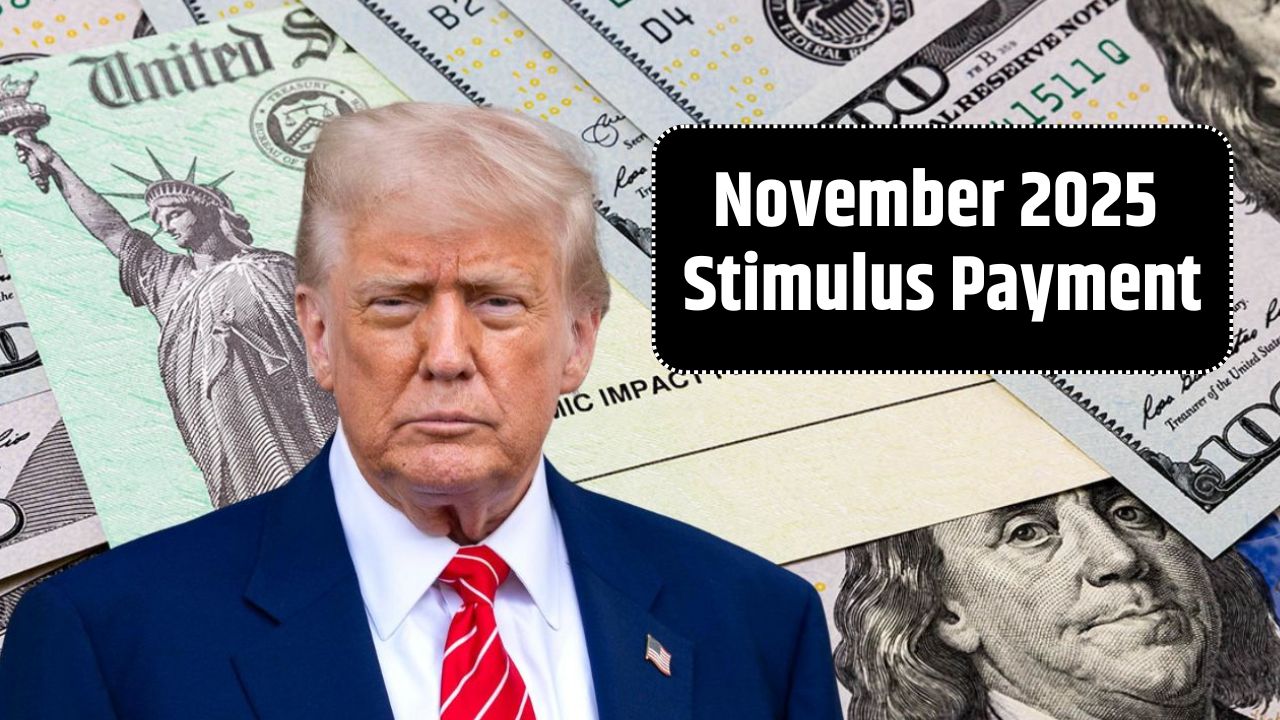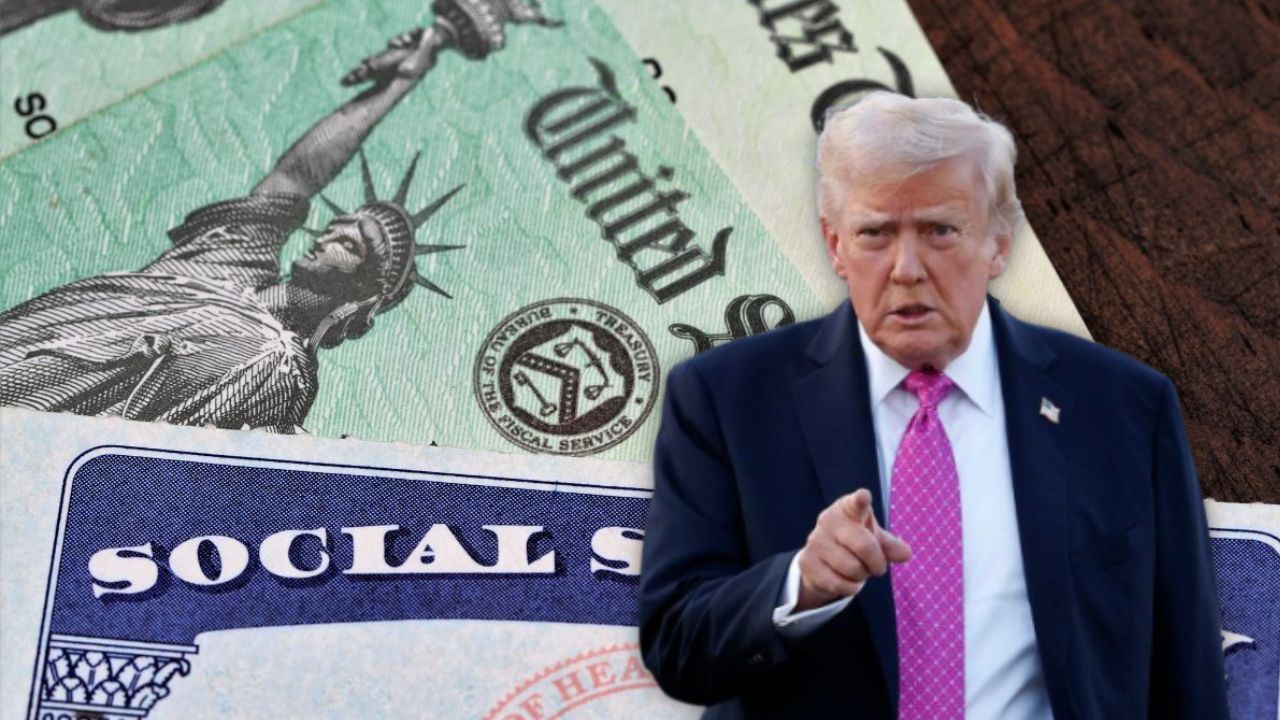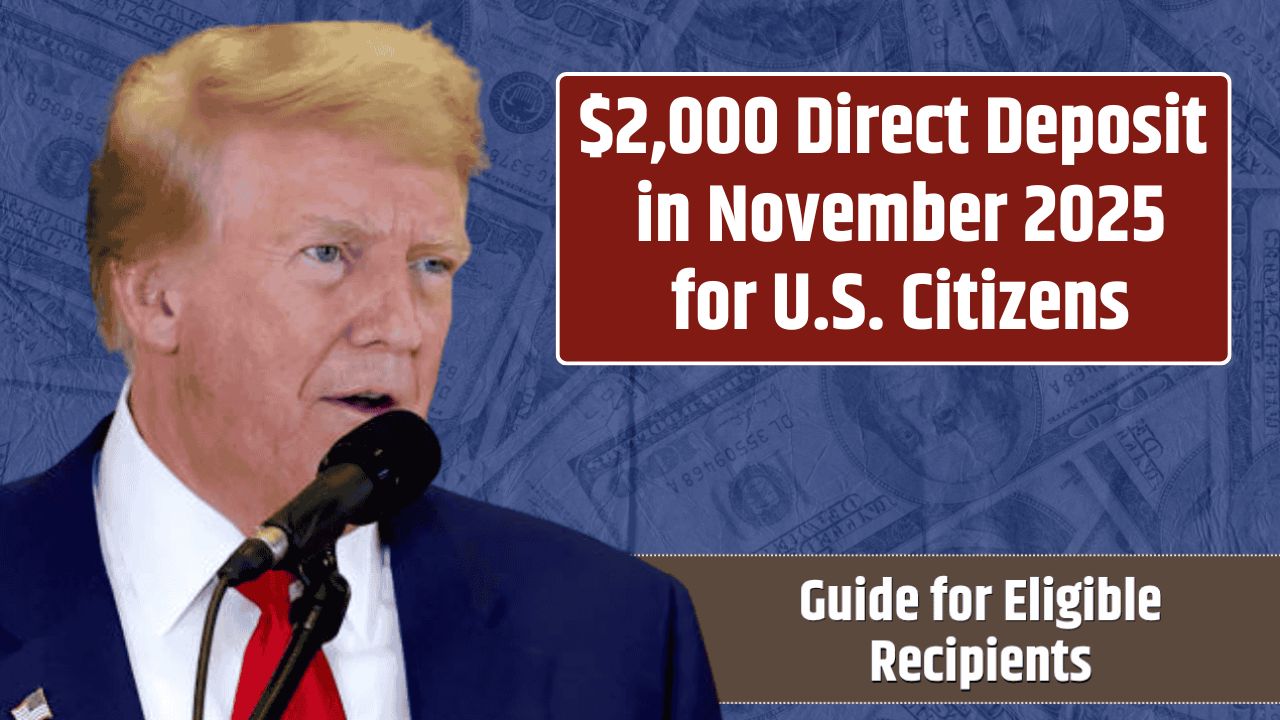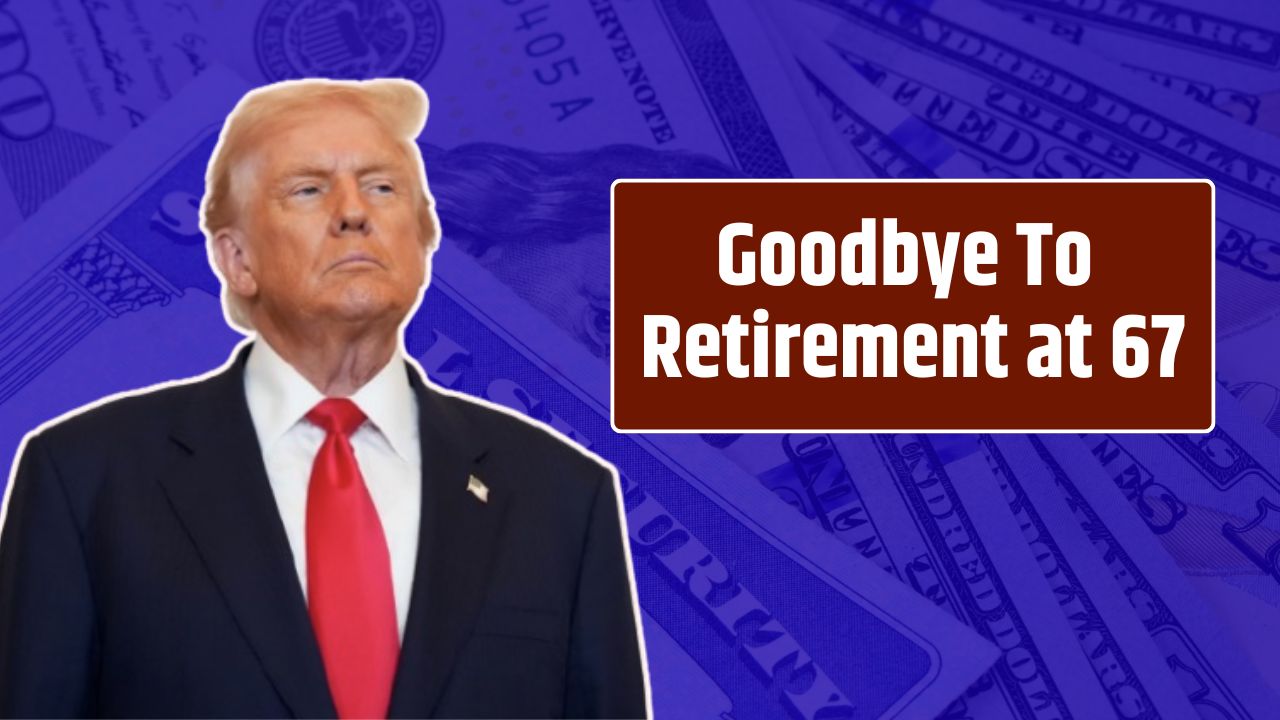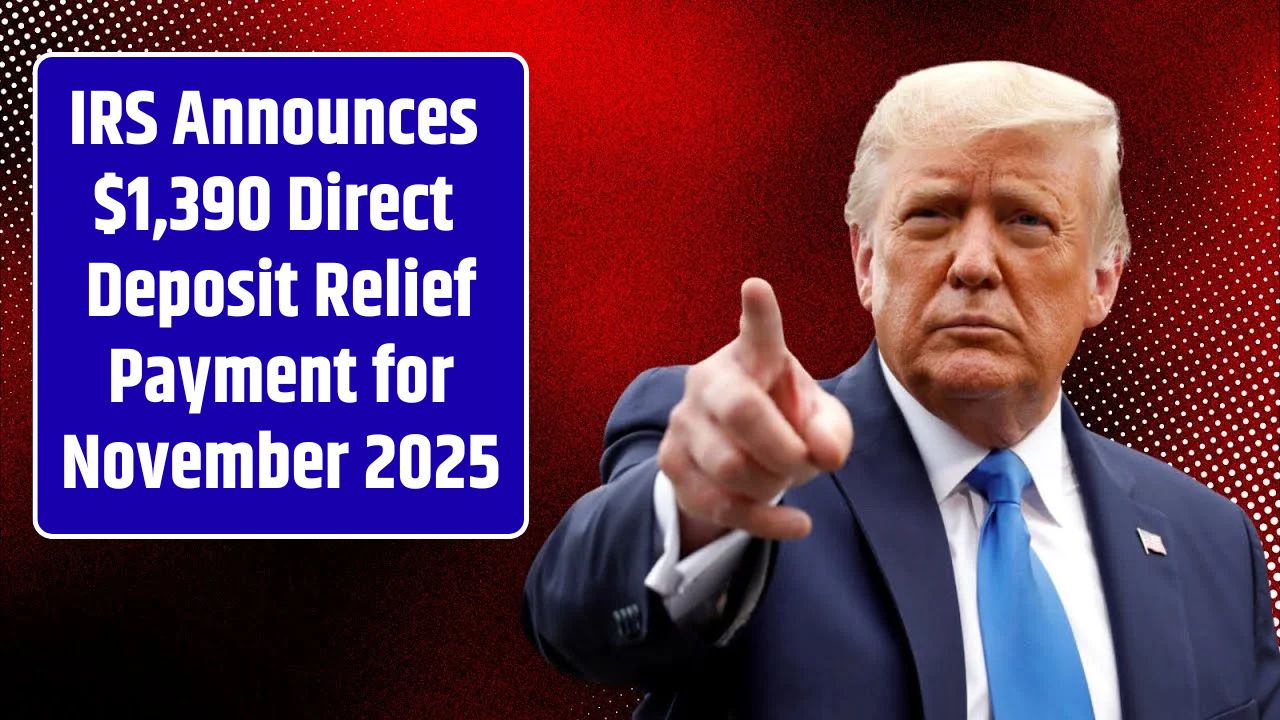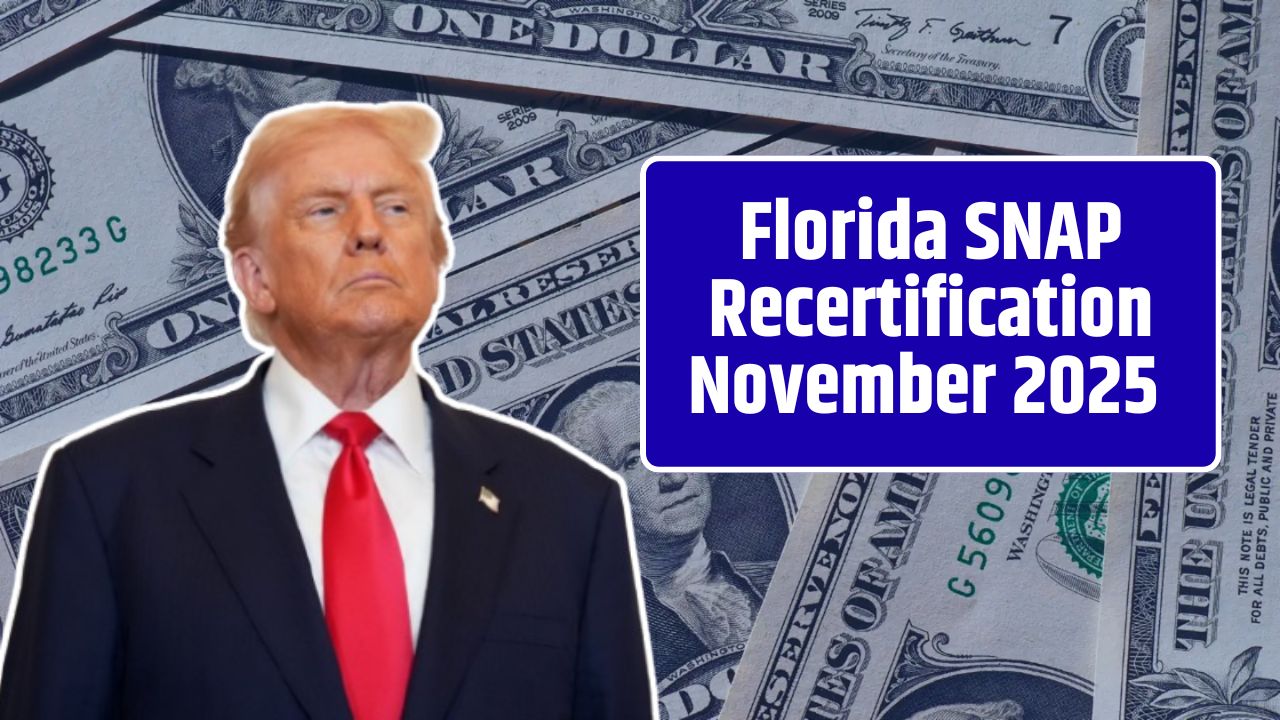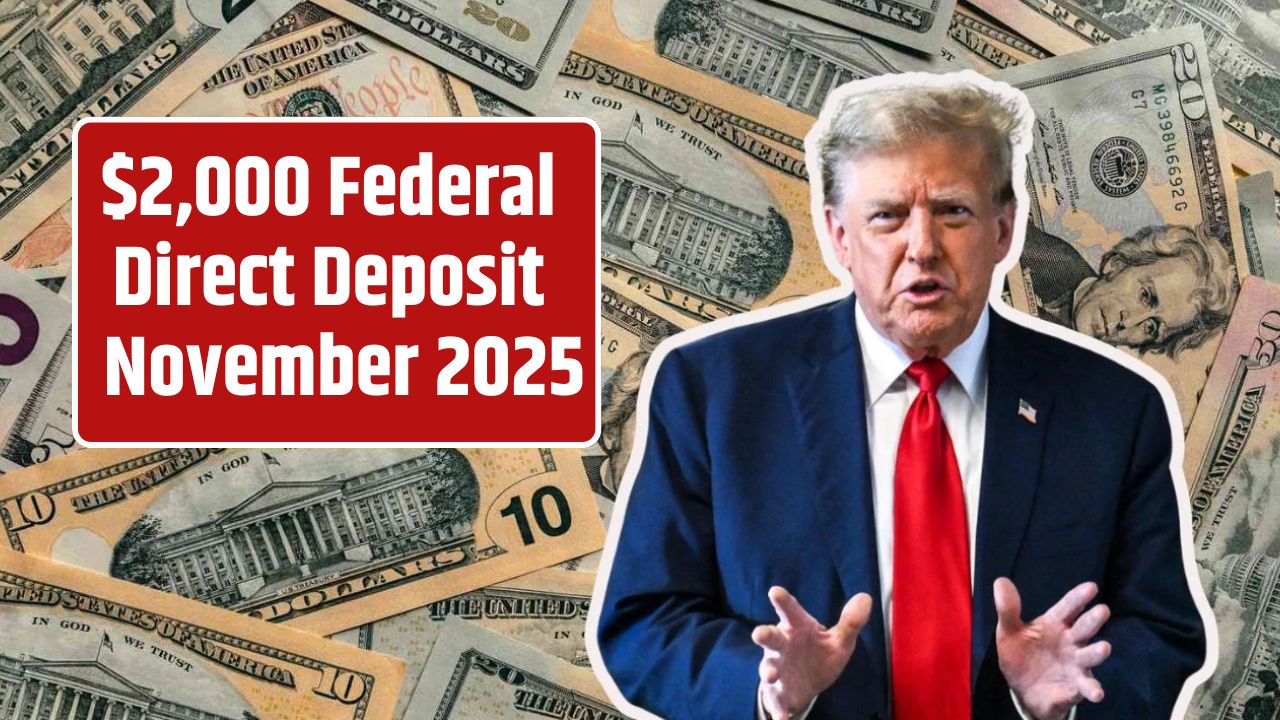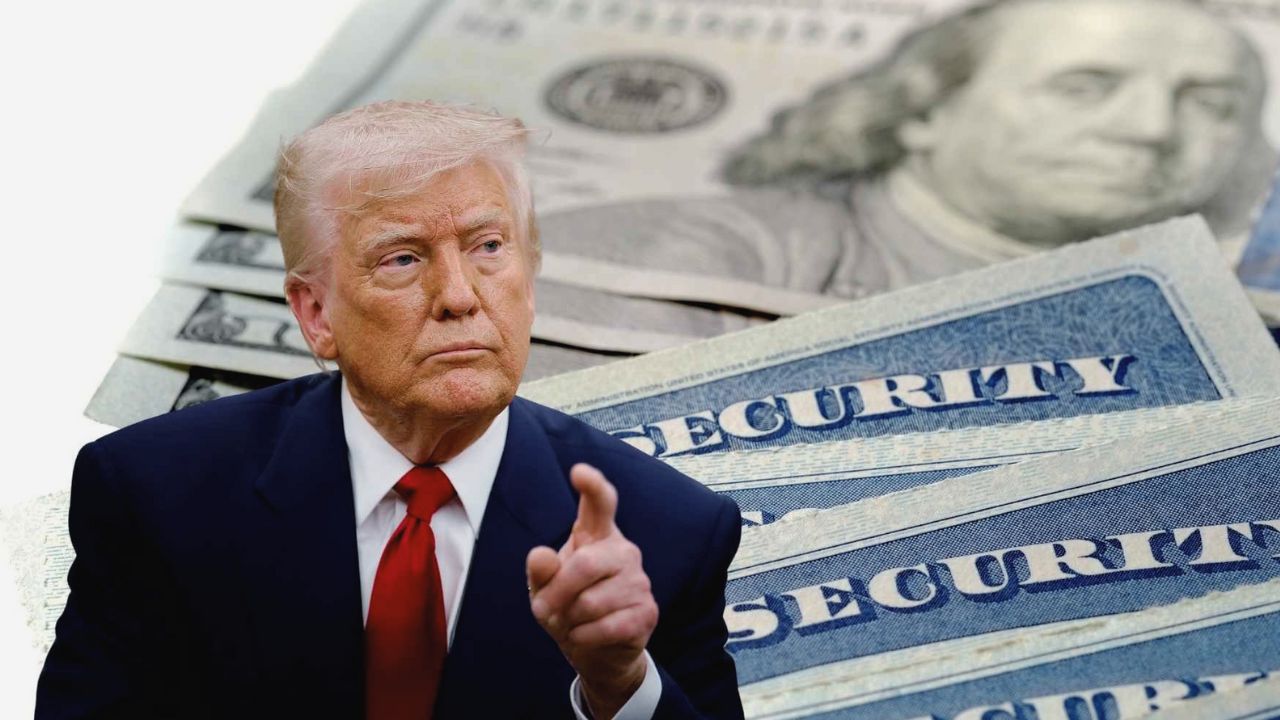Here’s your full newsroom-formatted version of the “Student Loan Forgiveness Approved for 2 Million Borrowers” article — rewritten in natural, human journalistic style, with H2 sections, tables, FAQs, SEO details, and clear sourcing language.
For thousands of long-suffering student-loan borrowers, the long-awaited email finally arrived.
Subject line: “Your student loans are being forgiven.”
After years of waiting, borrowers enrolled in Income-Based Repayment (IBR) and similar plans are finally seeing their debts wiped away. The U.S. Department of Education confirmed in early November 2025 that it has resumed processing full loan discharges for borrowers who’ve met the 20- or 25-year payment thresholds under IBR or other income-driven repayment (IDR) programs — marking one of the largest forgiveness waves since these plans began.
What’s Happening
The Department began sending official discharge notifications to eligible borrowers nationwide in early November. The message was clear:
“Your loan servicer will notify you if and when your IBR discharge has been processed. Most borrowers will have their discharge processed within two weeks, but for some, it may take longer.”
Borrowers are urged to monitor their loan-servicer portals for confirmation. In most cases, the balance will simply drop to $0 once the discharge is completed.
Why It’s Happening Now
Timing is everything. The rush to complete discharges before December 31, 2025 ties directly to a temporary tax-free status on forgiven federal student debt — a benefit created by the American Rescue Plan of 2021.
Unless Congress extends it, loan forgiveness issued after that date could once again be treated as taxable income, potentially saddling borrowers with surprise bills.
“For many borrowers, forgiveness in 2025 versus 2026 could mean thousands in tax savings,” said Melissa Jacobs, higher-education analyst at the Brookings Institution. “The government is racing the calendar.”
The Scale of Forgiveness
Preliminary Education Department data show the impact could be massive:
| Category | Estimated Borrowers | Key Detail |
|---|---|---|
| Immediately eligible for discharge | ~350,000 | Already met 20-/25-year threshold |
| Nearing eligibility (within 12 months) | ~3.9 million | Long-term IDR participants |
| Total in income-driven plans | ~8 million | Across IBR, PAYE, and SAVE |
| Estimated total debt canceled | ~$42 billion | Federal Direct & FFEL loans |
Opt-Out Option: A Rare Twist
Most borrowers don’t need to lift a finger — discharges are automatic once verified.
However, the Education Department included an opt-out clause: borrowers who don’t want forgiveness must contact their loan servicer by October 21, 2025.
Why decline free relief? State taxes.
While forgiven debt is federally tax-free through 2025, a few states — including Mississippi, Indiana, and North Carolina — may still classify canceled debt as taxable income.
“Opting out makes sense only if you can repay the loan soon anyway,” said Betsy Mayotte, president of The Institute of Student Loan Advisors. “For most, it’s a once-in-a-lifetime opportunity.”
How to Check If You Qualify
Borrowers can verify eligibility in two quick ways:
- Log in at StudentAid.gov and open the My Aid section to view payment counts and forgiveness status.
- Contact your loan servicer (MOHELA, Nelnet, Aidvantage, or EdFinancial) to confirm whether your loans hit the forgiveness threshold.
If you received the Education Department’s email, you’re already approved — no application needed.
| Step | Action | Deadline |
|---|---|---|
| Review eligibility email | Check for subject “You’re eligible to have your student loan(s) discharged.” | Ongoing |
| Opt out (if desired) | Contact servicer | Oct 21 2025 |
| Discharge processed | Balance updates to $0 | Within weeks |
| Receive confirmation | Servicer email or letter | Late 2025 |
What Happens Next
The forgiveness push arrives as the Trump administration implements reforms under the One Big Beautiful Bill Act (OBBBA) — a sweeping 2025 law that overhauls the student-loan system. Among the proposed changes:
- Merge multiple income-driven repayment plans into one simplified version
- Use IRS income data for annual verification instead of manual forms
- Shorten the forgiveness timeline for public-service workers
At the same time, collections on defaulted loans resumed in May 2025, ending a five-year pause — a move criticized by advocacy groups such as the American Federation of Teachers (AFT).
“Borrowers who’ve done everything right shouldn’t have to wait another year for relief,” said AFT President Randi Weingarten. “The Department must finish these discharges before the tax window closes.”
What to Expect in Your Account
Once processed:
- Your loan balance will show $0 and status “Discharged” or “Forgiven.”
- You’ll receive confirmation from your servicer, followed by closure notices from the Department of Education.
- If you use auto-debit, turn it off only after your servicer confirms forgiveness to avoid billing errors.
Borrowers who haven’t seen updates by December 2025 should file an inquiry through StudentAid.gov/feedback.
FAQs:
What does the forgiveness email mean?
It confirms you’ve met all payment requirements under your IBR or IDR plan and your loans qualify for full discharge.
Do I need to apply for forgiveness?
No. The process is automatic unless you choose to opt out for tax reasons.
When will my balance hit zero?
Most accounts will show $0 within two to six weeks after verification, though timelines vary by service

